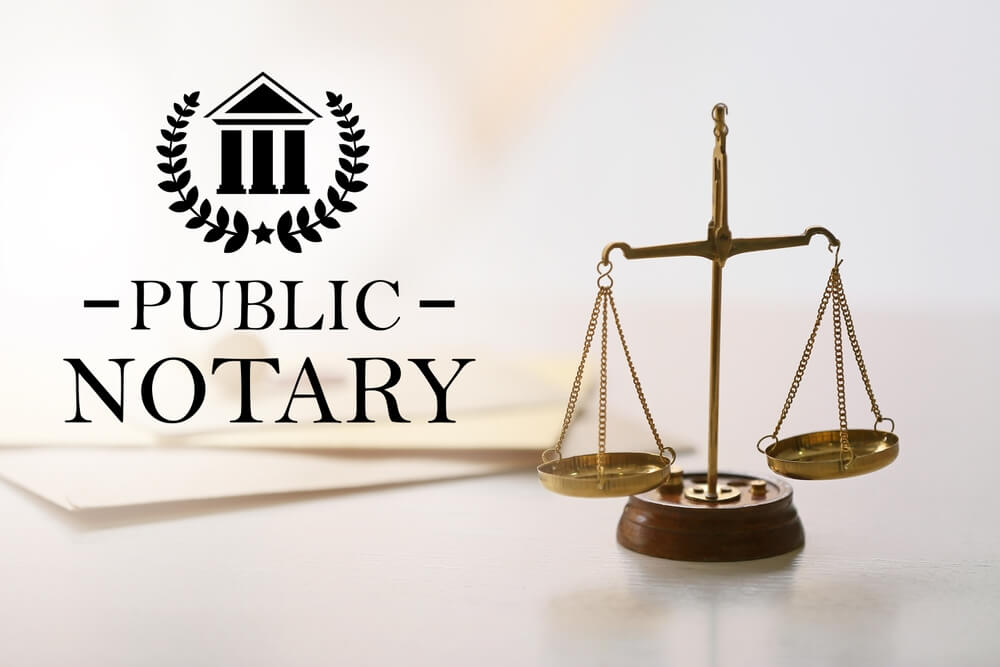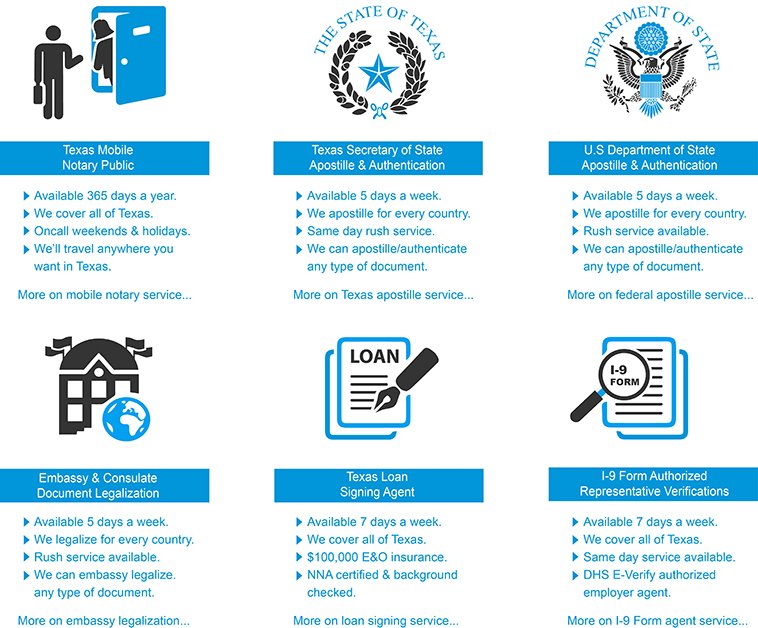Deceased Estate Administration: Handling Possessions and Affairs After Passing
Wiki Article
Debunking Notarial Job: Simplifying the Function and Value of Notaries
Their duty, commonly shrouded in secret for numerous, carries substantial weight in making certain the credibility and stability of essential documents. By unraveling the intricacies surrounding notarial practices and losing light on the value of their acts, a clearer understanding arises of the crucial role notaries play in promoting the material of legal and legal contracts.The History of Notarial Job
Exactly how did notarial job develop with time to end up being an essential component of legal and service transactions? The background of notarial work go back to old people, where scribes played a crucial function in taping crucial information and confirming papers. As cultures progressed, the need for an extra formalized system to guarantee the legitimacy of contracts emerged. This resulted in the growth of notaries, people appointed by the state to serve as objective witnesses in lawful matters.
Throughout the Center Ages, notaries gained prominence in Europe, with their functions broadening to consist of preparing lawful records, licensing signatures, and preserving records. The increase of international trade even more stressed the value of notarial job in validating agreements and arrangements throughout boundaries.
In the modern-day period, notaries remain to play a vital function in lawful and service deals by verifying identities, confirming the authenticity of files, and avoiding scams. Their role in certifying the validity of agreements includes a layer of security and depend the ever-evolving landscape of business and legislation.

Duties and Obligations of Notaries
Notaries play an essential function in verifying the authenticity of records and the identity of signatories. One of their main duties is to witness the signing of essential records, such as agreements, wills, and acts, to make sure that all events are entering into agreements intentionally and voluntarily.Furthermore, notaries are tasked with providing vows and affirmations, which are crucial in legal procedures and the execution of sworn statements. They license duplicates of initial documents, providing assurance to organizations that the duplicates are real reproductions of the originals. Notaries need to keep exact documents of all purchases they look after to ensure transparency and accountability. In general, the responsibilities and obligations of notaries are necessary in guarding the honesty and validity of numerous papers and deals.
Notarial Certificates and Signatures
Exhibiting precise interest to information, notarial certifications and signatures act as important components in confirming the credibility of lawful files. Notarial certifications commonly consist of important information such as the day of registration, the names of the signatories, a summary of the paper, and the notary's official seal. These certifications offer a clear document of the notarial act, making sure that the file can be easily determined and traced back to the notary that supervised the procedure.Signatures play a pivotal function in notarial work, as they symbolize the agreement and approval of the parties entailed. Notaries thoroughly witness the finalizing of files to validate the identity of the notaries and validate that they are signing of their very own totally free will. By fastening their official seal and signature to the file, notaries license that the required treatments have actually been followed and that the paper is enforceable and valid.
In significance, notarial certificates and signatures are the characteristic of authenticity in Conveyancer legal deals, providing assurance to all celebrations entailed that the files are legit and binding.
Importance of Notarial Acts

Registration Refine Clarified
The notarization procedure typically begins with the individual providing the document to a notary public. Once the identification is confirmed, the notary guarantees that the private authorizing the paper does so voluntarily and without any kind of coercion.
Final Thought

Notarial certificates generally have crucial info such as the date of registration, the names of the notaries, a description of the document, and the notary's main seal. These certifications offer a clear record of the notarial act, making sure that the record can be easily determined and traced back to the notary who oversaw the process.
By fastening their official seal and signature to the paper, notaries certify that the necessary procedures have been adhered to and that the paper is legitimate and enforceable.
By confirming the identification of the notaries, verifying their readiness to enter into the contract, and licensing the date and area of the signing, notaries play a crucial duty in promoting the legitimacy of lawful records.After the paper is authorized, the notary will attach their main seal or stamp onto the record.
Report this wiki page